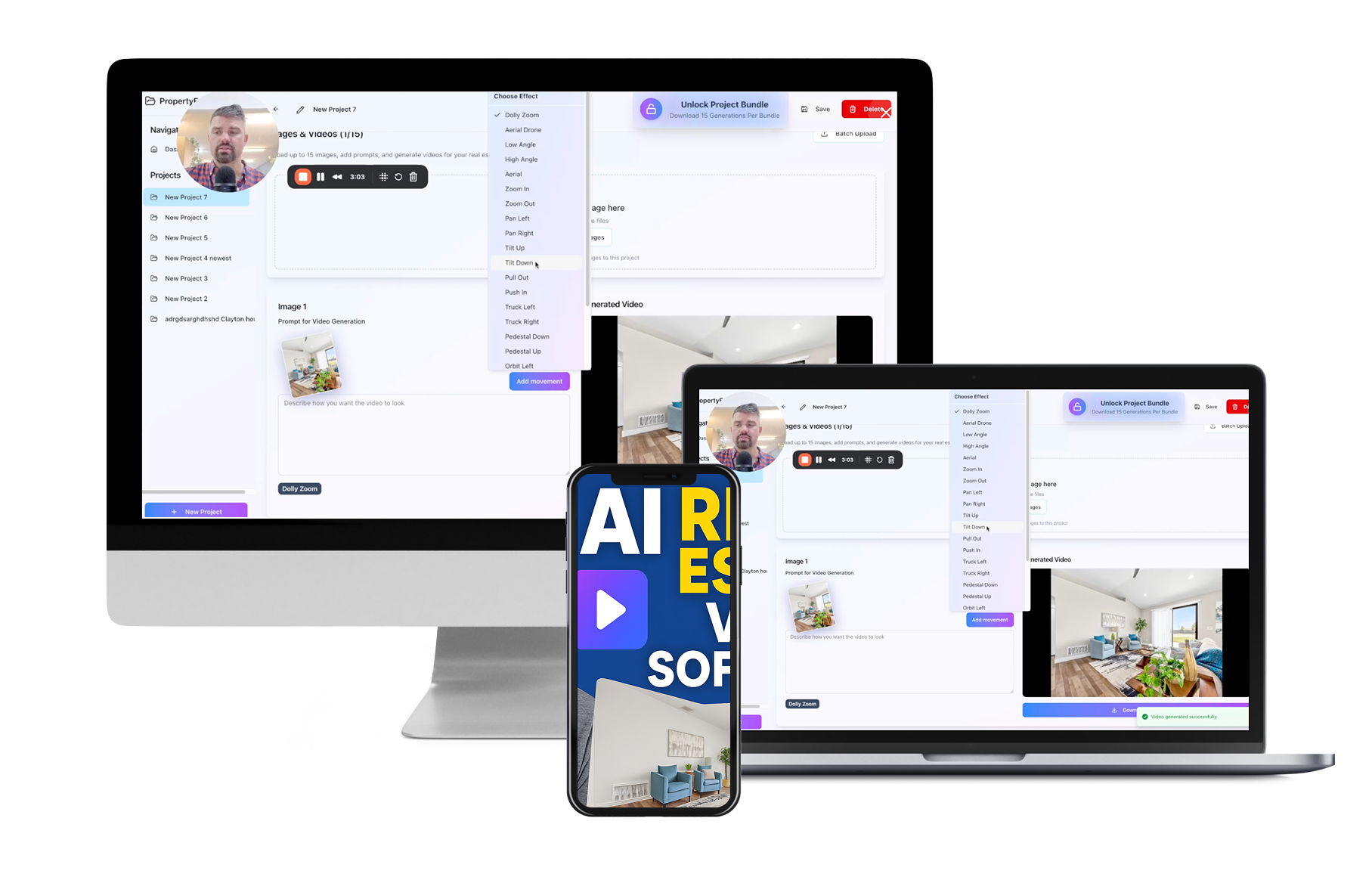-06-30T16%3A02%3A16Z&se=2025-06-30T18%3A02%3A16Z&sp=r&sv=2024-08-04&sr=b&rscd=inline&rsct=image/png&skoid=cc612491-d948-4d2e-9821-2683df3719f5&sktid=a48cca56-e6da-484e-a814-9c849652bcb3&skt=2025-06-30T17%3A02%3A16Z&ske=2025-07-01T17%3A02%3A16Z&sks=b&skv=2024-08-04&sig=vhKnNpMtKuFmPifTPidjyCHJrl0lgGiVoK/PSpUSHnA%3D)
How AI Improves Virtual Tours: transforming The Real Estate Experience
Virtual tours have come a long way since their inception, and the integration of artificial intelligence (AI) has significantly enhanced their effectiveness. Understanding how AI improves virtual tours is crucial for homeowners, real estate professionals, and tech enthusiasts. These advancements not only provide a more immersive experience but also streamline the virtual tour creation process, making it more accessible and efficient.
Why Virtual Tours Matter in Real Estate
Virtual tours are no longer a novelty in the real estate world; they are a necessity. By offering potential buyers a comprehensive view of a property, these tours enable informed decision-making without needing a physical visit. This convenience is especially important in our fast-paced, digital-driven market.
Increased Engagement: Virtual tours hold the viewer's attention longer than static images.
Broader Reach: They allow real estate agents to market properties to a global audience.
Time Efficiency: Prospective buyers can view multiple properties quickly.
How AI Improves Virtual Tours: An Overview
AI technologies have dramatically transformed the landscape of virtual tours. Through enhancements in personalization, efficiency, and interactivity, AI not only caters to the demands of modern consumers but also sets new standards in property visualization. Let's dive into the specific ways how AI improves virtual tours:
Enhancing Image Quality and Realism
One of the primary benefits of AI in virtual tours is the enhancement of image quality. AI-powered tools use machine learning algorithms to improve photo resolution and correct image distortions.
Image Resolution Enhancement: AI algorithms can upscale low-resolution images to high-definition quality.
Color Correction: Machine learning tools can adjust color balances, improving the visual appeal of virtual tours.
Discover how these technologies enhance virtual imagery through this resource.
Personalizing User Experience
Understanding how AI improves virtual tours means recognizing its power to personalize user experience. AI can analyze user behavior patterns and preferences to tailor the virtual tour experience.
Customized Recommendations: AI suggests properties based on user preferences and past interactions.
Interactive Features: AI-driven chatbots can answer questions and provide additional information during tours.
Streamlining Virtual Tour Creation
Another significant advantage is the ease with which AI streamlines the creation of virtual tours. AI tools simplify the process, making it accessible even to those without technical expertise.
Automated Image Stitching: AI systems automatically align and stitch images to create seamless 360-degree views.
Virtual Staging: AI algorithms can virtually furnish and decorate rooms, providing potential buyers with a vision of the property's potential.
Explore AI-driven virtual tour creation tools with this resource.
How AI Improves Virtual Tours: Technical Insights
Understanding the technical mechanisms behind AI's impact on virtual tours provides deeper insights into its transformative power.
AI's Role in Data Processing
AI excels in data processing, which is critical for the development and execution of virtual tours.
Data Analytics: AI analyzes vast amounts of data to forecast trends and optimize tour strategies.
Machine Learning Models: These models learn from user interactions to continually enhance performance.
Augmented Reality Integration
Augmented Reality (AR) applications provide an additional layer of realism to virtual tours, and AI plays a pivotal role in this integration.
3D Mapping Technology: AI helps in rendering detailed 3D maps that align with real-world geographies.
Virtual Navigation: AI-driven AR allows users to interact with virtual spaces naturally.
Create an interactive floor plan using this resource.
Addressing Common Questions About AI and Virtual Tours
1. Can AI-generated virtual tours replace physical visits? While they offer comprehensive detail, physical visits may still be necessary for a tactile feel of the property.
2. How does AI handle user privacy in virtual tours? AI platforms prioritize data privacy, ensuring user interactions and preferences are secure.
3. Is AI technology expensive for virtual tour integration? Initial costs can be high, but the long-term benefits often justify the investment.
How AI Improves Virtual Tours: Real-World Applications
It's important to recognize the practical applications of AI-enhanced virtual tours in today's market.
Real Estate Industry
Agents leverage AI-powered virtual tours to:
Market diverse property portfolios efficiently.
Provide virtual open houses, allowing for COVID-safe interactions.
Education and Other Sectors
Beyond real estate, educational institutions use virtual tours to:
Offer prospective students immersive campus tours.
Enhance remote learning environments with AI-generated 3D content.
Conclusion: Embracing the Future of Property Viewing
The transformative power of AI in virtual tours signifies a leap forward in property viewing technologies. As AI continues to evolve, so do the capabilities of virtual tours, offering increasingly sophisticated, personalized, and interactive experiences. Embracing how AI improves virtual tours can future-proof strategies for realtors and tech developers alike.
Ready to explore the possibilities AI-backed virtual tours offer? Dive deeper with this resource.




